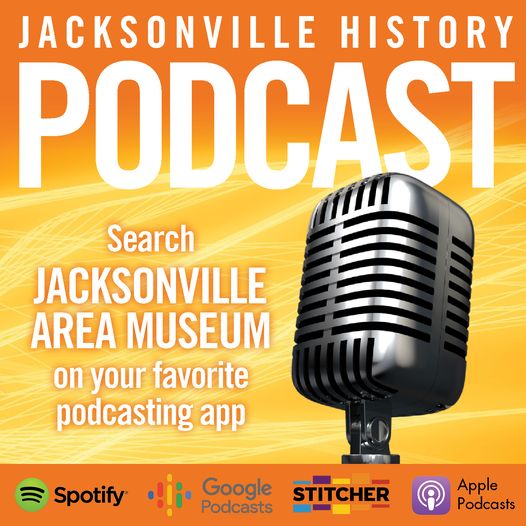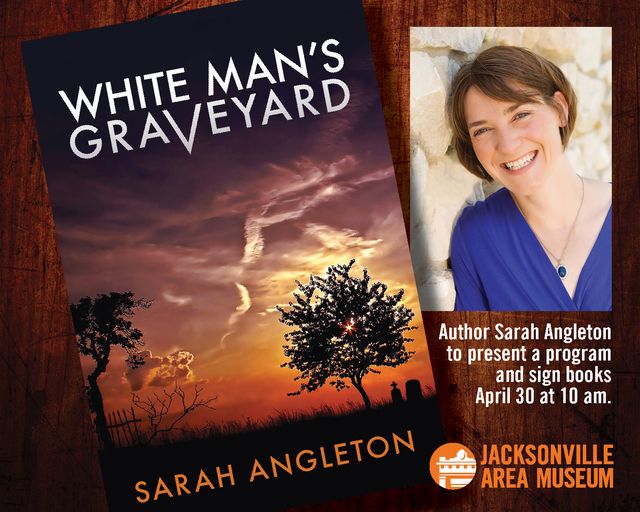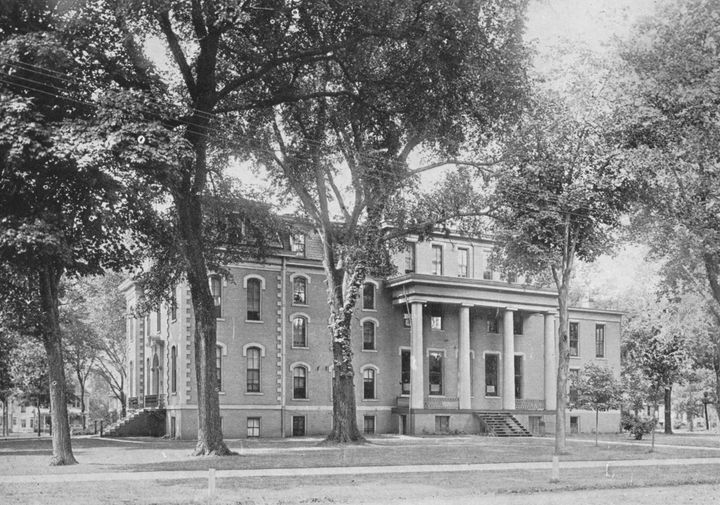The Jacksonville Area Museum is proud to announce its new history podcast!
Spring is a time for new things, and our podcast is the newest way to share the wonderful audio stories of the Jacksonville area. You can listen to the story directly from the person who lived it, or has direct knowledge of the topic.
For our launch, we have a handful of stories to get you started. More will be added regularly. Current stories include:
- Dr EC Bone, with David Bone
- Old Post Office with postmaster Russell Schofield
- Carnation (Nestle) plant history with Tom Schierl
- Ruth Linear, African American historian
- J Capps and Sons with George Murphy
What is a podcast? It’s similar to radio shows that play on your phone or computer. You can access them via apps on your phone: Apple Podcast, Google Podcast, Spotify, Stitcher, plus a few others. Search for ‘Jacksonville Area Museum’ and look for our round orange logo.
Each recording lasts from 10-30 min. More stories will be added as we move ahead. Have an idea or a person that you think should be interviewed? Contact us at info@jacksonvilleareamuseum.org.
Happy listening!


